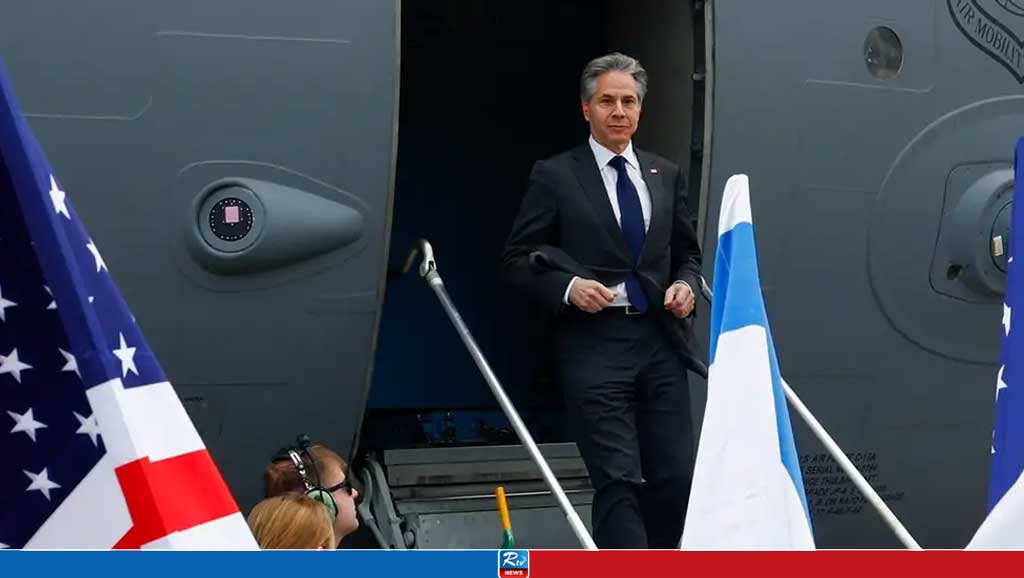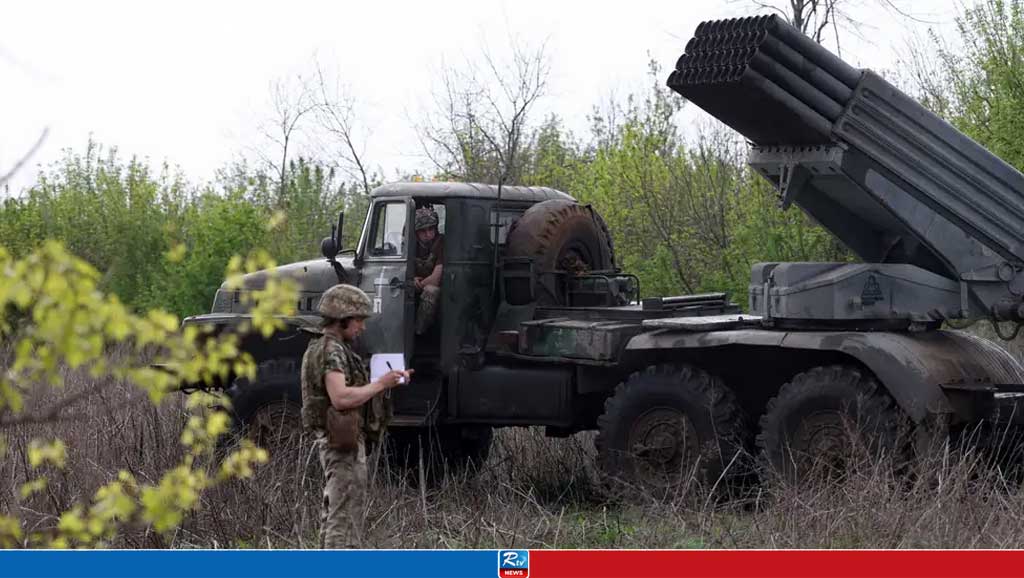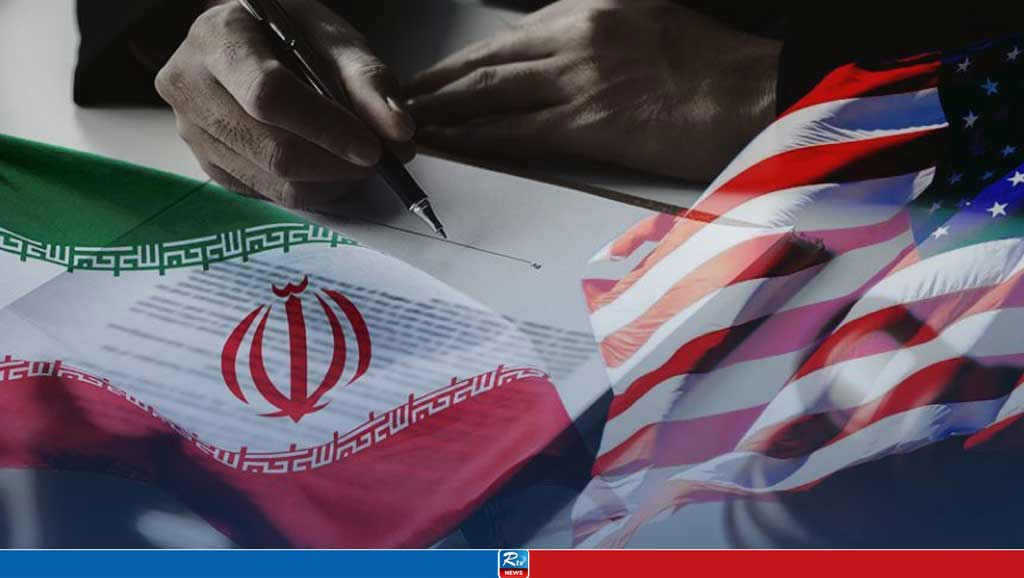Why the US might put sanctions on an Israeli army battalion
An Israeli army battalion, Netzah Yehuda, may, among other things, be excluded from receiving US financial support. The US has never imposed sanctions on the Israeli army before.
Numerous media outlets are reporting that US Secretary of State Antony Blinken is set to announce sanctions against a battalion of the Israel Defense Forces (IDF). The unit, known as Netzah Yehuda (Judea Forever), has been accused of human rights violations against Palestinians in the Israeli-occupied West Bank.
According to the Associated Press news agency, the US has been investigating five army units for serious human rights violations. These sanctions, however, would only apply to this unit, imposing two restrictions: Firstly, no US military aid would go to Netzah Yehuda; secondly, its participation in training programs financed by the US would be limited. The Israeli government has already declared that it will oppose the sanctions.
What is Netzah Yehuda?
The Netzah Yehuda battalion was established in the late 1990s as a special religious unit, with specific conditions to facilitate military service for ultra-orthodox Jews (Haredim). The men are given time for prayer and religious studies, their food is kosher, and contact with female soldiers is very limited. The battalion is part of the Kfir Infantry Brigade, which says it numbers around 1,000 soldiers in total. The majority of the ultra-orthodox community opposes compulsory military service, making this a contentious issue.
Many of the soldiers in the battalion joined voluntarily because Haredim have always been exempt from military service in Israel. Those who attended a yeshiva (a religious school) up to a certain age, for instance, cannot be called up into the IDF.
However, more and more politicians are calling for the rule to be changed. Israel's Supreme Court ruled back in 1998 that it was discriminatory. And since October 2023, with the start of the war in Gaza against the militant group Hamas — which the US, EU, and others designate a terrorist group — thousands of Haredim have volunteered for military service.
Rallying point for radical settlers?
The unit is made up of both ultra-orthodox and religious-nationalist Israelis. These include radical settlers from the occupied West Bank who have close ties to the parties of right-wing extremist government ministers Bezalel Smotrich and Itamar Ben Gvir. According to the US news website Axios, more and more of the so-called "Hilltop Youth" have joined the battalion over the years. This group consists of young, radical, sometimes violent settlers. Just last week, the EU sanctioned the Hilltop Youth for their attacks on Palestinians.
Netzah Yehuda was originally stationed in the occupied West Bank, but it was relocated to northern Israel at the end of 2022. The battalion has now also been deployed in the war in the Gaza Strip.
What exactly is the battalion accused of?
The Times of Israel reports that Netzah Yehuda has been linked to right-wing extremism and violence against Palestinians. According to the Axios website, the battalion first came to the attention of the US government in 2022, with incidents of violence against Palestinian civilians.
Members of the battalion are said to have detained an almost 80-year-old man, Omar Assad, and kept him bound and gagged for hours. Assad, a Palestinian-American, died a few hours later of a stress-induced heart attack. As reported by the Washington Post and other outlets, an autopsy found that this was likely brought on by his being manhandled.
The IDF condemned the incident at the time, describing it as a "moral failure," and a poor decision on the part of those responsible. Two officers were dismissed and a third was reprimanded, but no criminal charges were brought.
The incident attracted attention because of the man's dual nationality, his advanced age, and because the US called for an investigation. However, human rights activists can cite numerous other cases of alleged mistreatment and torture of Palestinians.
How has Israel reacted?
The Israeli government has expressed outrage at reports of impending sanctions. On Saturday evening, President Benjamin Netanyahu posted on X (formerly Twitter): "Sanctions must not be imposed on the Israel Defense Forces!" and declaring that his government was working to prevent any such measures. His post continued: "At a time when our soldiers are fighting the monsters of terror, the intention to impose sanctions on an IDF unit is the height of absurdity and a moral low."
The Israeli military has stated that it is not aware of any sanctions against any of its units, and said: "If a decision is made on the matter, it will be reviewed."
Is the US considering further sanctions?
Sanctions against the Israeli army are a new development, but the US has previously imposed sanctions against Israel, such as recently against extremist settlers, and against the right-wing extremist Bentzi Gopstein, an ally of Itamar Ben Gvir, the far-right minister for national security.
The US also put on its sanctions list two organizations that provide financial support for sanctioned extremist settlers. Their assets in the US have been blocked. US citizens and others in the US are also forbidden from engaging in any transactions with sanctioned organizations and individuals.
24 Apr 2024,18:11




















 Live Tv
Live Tv









